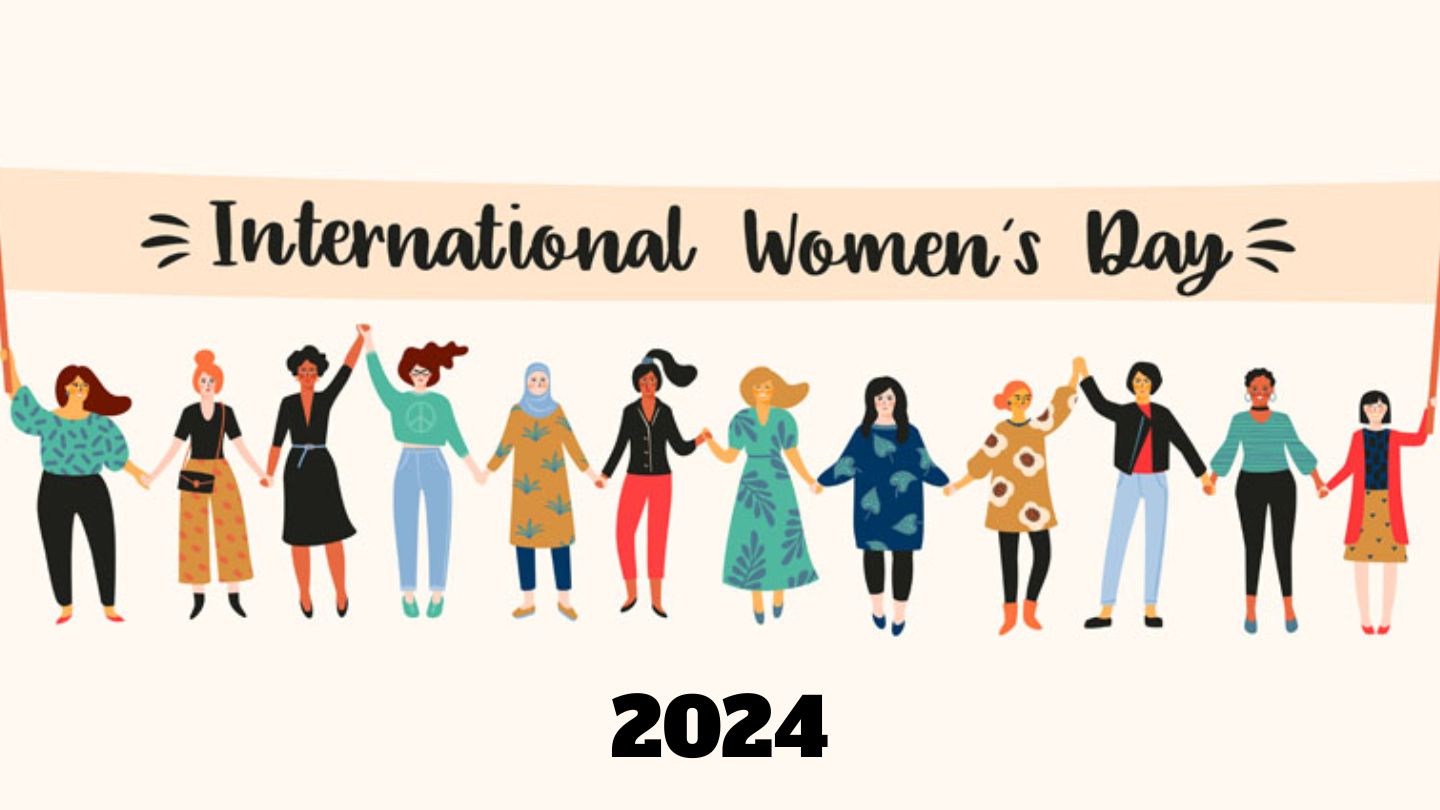“The future is female” isn’t merely a slogan; it embodies a vision we aspire to—a world where women have equal opportunities, representation, and influence across all aspects of life. It’s about creating a society that’s equitable and just for all. As advocates for progress, there’s no better moment than International Women’s Day to emphasise the importance of empowering women and promoting gender equality in politics, economics, and social spheres.
Throughout history, women have made significant contributions to society, yet the potential for even greater impact lies ahead. This International Women’s Day, let’s unite in support of empowering women to shape a better future for everyone. Let’s encourage their leadership and ensure their voices are integral to decision-making processes. Together, we can pave the way for a more inclusive and prosperous world.
Date:
International Women’s Day is observed every year on March 8
Every year on March 8th, we celebrate International Women’s Day, honouring the remarkable accomplishments of women in society, economics, culture, and politics. This day, rooted in the early 20th century’s women’s rights movements, has become a global platform for championing equal rights and opportunities for women. Join us in exploring the importance, aims, festivities, hurdles, and lasting impact of International Women’s Day.
The History and Significance of International Women’s Day
International Women’s Day traces its origins back to the labour movements of North America and Europe in the 20th century, as recognized by the United Nations Educational, Scientific, and Cultural Organization (UNESCO). The inaugural observance of National Woman’s Day took place in the United States on February 28, 1909. This event commemorated the 1908 garment workers’ strike in New York City, where women took a stand against oppressive working conditions.
International Women’s Day holds immense significance in acknowledging the contributions and struggles of women throughout history. It serves as a reminder of the need to address gender disparities and advocate for equal opportunities in all spheres of life. By celebrating women’s achievements, the day highlights the progress made and the work yet to be done in achieving true gender parity.
The United Nations Charter of 1945 indeed laid down the principle of gender equality as a fundamental aspect of international law. Building upon this foundation, in 1975, during International Women’s Year, the UN commemorated its inaugural International Women’s Day on March 8th. This annual observance serves as a global platform to celebrate the achievements of women, raise awareness about gender equality issues, and advocate for the empowerment of women and girls worldwide.
Global Celebrations Themes of International Women’s Day
Each time, International Women’s Day is marked with a specific theme that reflects current issues and precedences. Once themes have centred around motifs similar as women’s commission, gender equivalency, and women’s rights. The theme for this time underscores the significance of breaking walls and creating a gender-equal world.
International Women’s Day is a momentous occasion celebrated globally, where people unite in various events, protests, talks, and campaigns. From grassroots initiatives to grand assemblies, individuals converge to honour the accomplishments of women and advocate for systemic changes towards a more equitable society for all. Major campaigns like ChooseToChallenge have spurred dialogue and inspired action, fostering a collective effort to construct a world that embraces diversity and equality.

